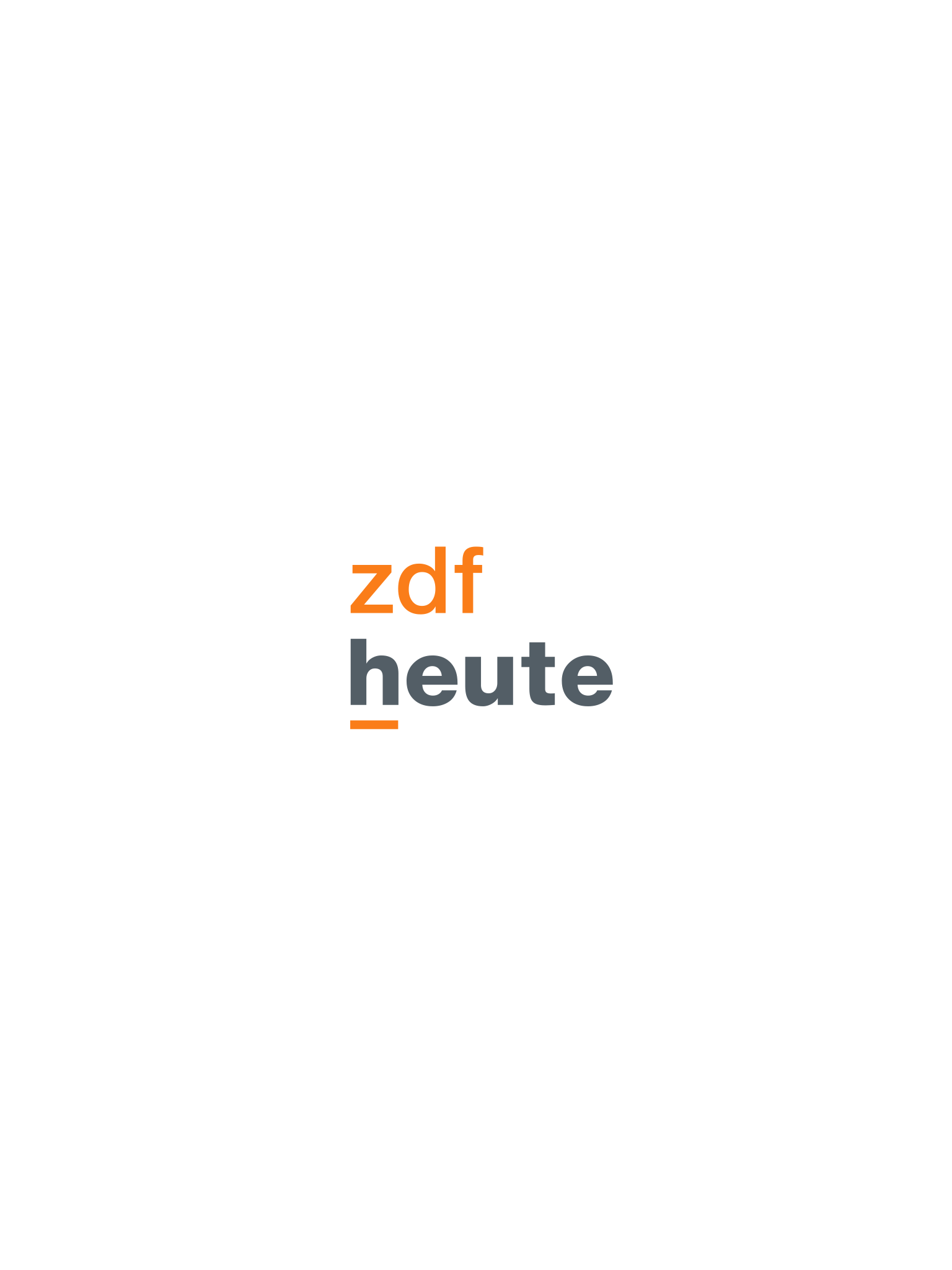Frequent flyer programs are a source of income for airlines. In the USA, the Department of Transportation is now taking a closer look at this. The focus is on devaluation of the currency.
The concept is already 230 years old. As early as 1793, a retailer in Sudbury, New Hampshire, distributed coins to its customers for every purchase. They can later be exchanged for goods. This is considered the first registered customer loyalty program in the world.
From the bakery on the corner to the supermarket to the hairdresser – loyalty programs are everywhere today. Also in aviation. In 1979, Texas International Airlines became the first airline in the world to reward passengers based on distance flown and thus retention. In 1993, Lufthansa also introduced a frequent flyer program called Miles & More.
Programs worth billions
Thus airlines have gained a very powerful tool. They don't just retain customers. You can also generate additional income. On the one hand, they do this when credit card companies purchase points or miles to distribute to cardholders. You can also earn by selling points to partners such as hotels, car rental companies, fashion brands and retailers. This made the new business district a money machine.
For example, American Airlines earns an extra $29.10 per passenger thanks to its frequent flyer program, according to figures from consulting firm Ideaworks. This adds up to an additional annual revenue of $5.8 billion. In the Lufthansa Group the cost is US$3.66 per guest, thus US$372 million per year. Consulting firm On Point Loyalty estimates that the loyalty programs of the three major U.S. airlines are worth more than $20 billion, with Delta leading the way at $27 billion. “Miles & More” from the “Lufthansa” group generates about eight billion dollars, “Avios” from “IAG,” “Flying Blue” from “Air France” and “KLM” generates about seven billion dollars.
Combating unfair currency devaluations
But now the US Department of Transportation is taking a closer look at these money machines. It examines the programs of major US airlines to ensure there are no misleading or unfair practices, she told the news agency Reuters Certain. In particular, it concerns ensuring transparency when booking award tickets, portability of miles and advance notice of changes. A company spokesperson told Reuters: “We plan to carefully review complaints related to loyalty programs and will use our authority to investigate airlines for unfair and deceptive practices that harm travelers when justified.”
The Department of Transportation's move follows a campaign by Senators Dick Durbin (D) and Roger Marshall (R) at the end of October, who called for an investigation. Above all, they point out that the terms and conditions of frequent flyer programs lead to unfair devaluations of the currency.
Ability to withdraw bonuses
“In practice, this means that airlines can change their points programs without prior notice to consumers, as long as the terms and conditions of the program allow it. As a result, these programs incentivize consumers to purchase goods and services, and to obtain cards,” the senators said. credit, and make purchases using those credit cards in exchange for promised rewards — while retaining the ability to withdraw those rewards from consumers at any time.”

“Typical entrepreneur. Lifelong beer expert. Hipster-friendly internet buff. Analyst. Social media enthusiast.”







More Stories
ChatGPT causes certain words to be amplified in studies
After storming the embassy: Ecuador sues Mexico in The Hague – News
Utah: The cat was sent to Amazon in a return package